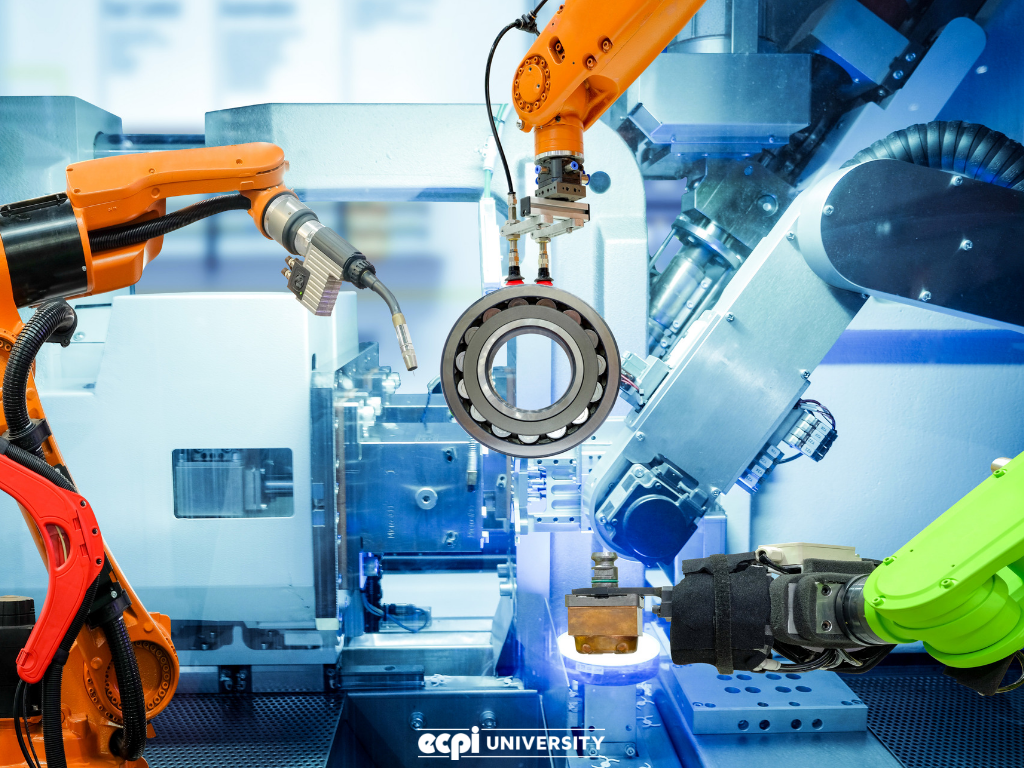Mechanical technology is a vast and ever-evolving field that encompasses the study, design, development, and application of machines, devices, and mechanical systems. It involves the principles of physics, mathematics, and engineering to create and optimize various mechanical systems that enhance productivity, efficiency, and functionality across a wide range of industries.
The core objective of mechanical technology is to understand the behavior of physical objects and utilize that knowledge to design and construct machines and mechanisms that serve specific purposes. It covers a broad spectrum of areas, including mechanics, thermodynamics, fluid dynamics, materials science, robotics, and control systems.
Mechanical technology finds applications in numerous sectors, such as manufacturing, aerospace, automotive, energy, healthcare, construction, and many more. It plays a crucial role in shaping modern society by providing solutions to complex problems and improving the quality of life.
Here are some key areas within mechanical technology:
Machine Design: Mechanical engineers utilize their expertise to design and develop machines, equipment, and systems that meet specific requirements. This involves creating detailed engineering drawings, selecting appropriate materials, analyzing structural integrity, and ensuring optimal performance.
Robotics and Automation: Mechanical technology has revolutionized the field of robotics and automation. Robots are designed and programmed to perform tasks with precision, speed, and accuracy, leading to increased productivity and efficiency in industries such as manufacturing, healthcare, and logistics.
Thermodynamics and Energy Systems: Mechanical technology plays a vital role in designing and optimizing energy systems, such as engines, turbines, and power plants. This involves understanding thermodynamic principles, heat transfer, and energy conversion to improve efficiency and reduce environmental impact.
Fluid Dynamics: The study of fluid mechanics is essential in designing systems that involve the flow of liquids or gases. Mechanical engineers analyze and optimize fluid dynamics to enhance performance in areas such as aerodynamics, HVAC (heating, ventilation, and air conditioning), and hydraulic systems.
Materials Science and Engineering: Mechanical technology explores the behavior of materials and their applications in various mechanical systems. Understanding material properties and their interactions helps engineers select suitable materials for specific applications, ensuring durability, strength, and reliability.
Manufacturing Processes: Mechanical technology is closely tied to manufacturing processes, including machining, casting, forging, welding, and additive manufacturing (3D printing). Engineers work on improving manufacturing techniques, optimizing production lines, and developing innovative methods to enhance efficiency and quality.
Control Systems: Mechanical technology integrates with control systems engineering to develop automated systems that regulate and monitor the behavior of machines and processes. This includes feedback control loops, sensors, actuators, and software programming to ensure desired performance and safety.
Mechanical technology continues to advance rapidly, driven by innovation and the need for sustainable solutions. Researchers and engineers are exploring emerging fields such as renewable energy, smart materials, nanotechnology, and bioengineering, expanding the boundaries of mechanical technology and its impact on society.
With its wide-ranging applications and constant technological advancements, mechanical technology plays a pivotal role in shaping our world and driving progress across various industries.

0 Comments